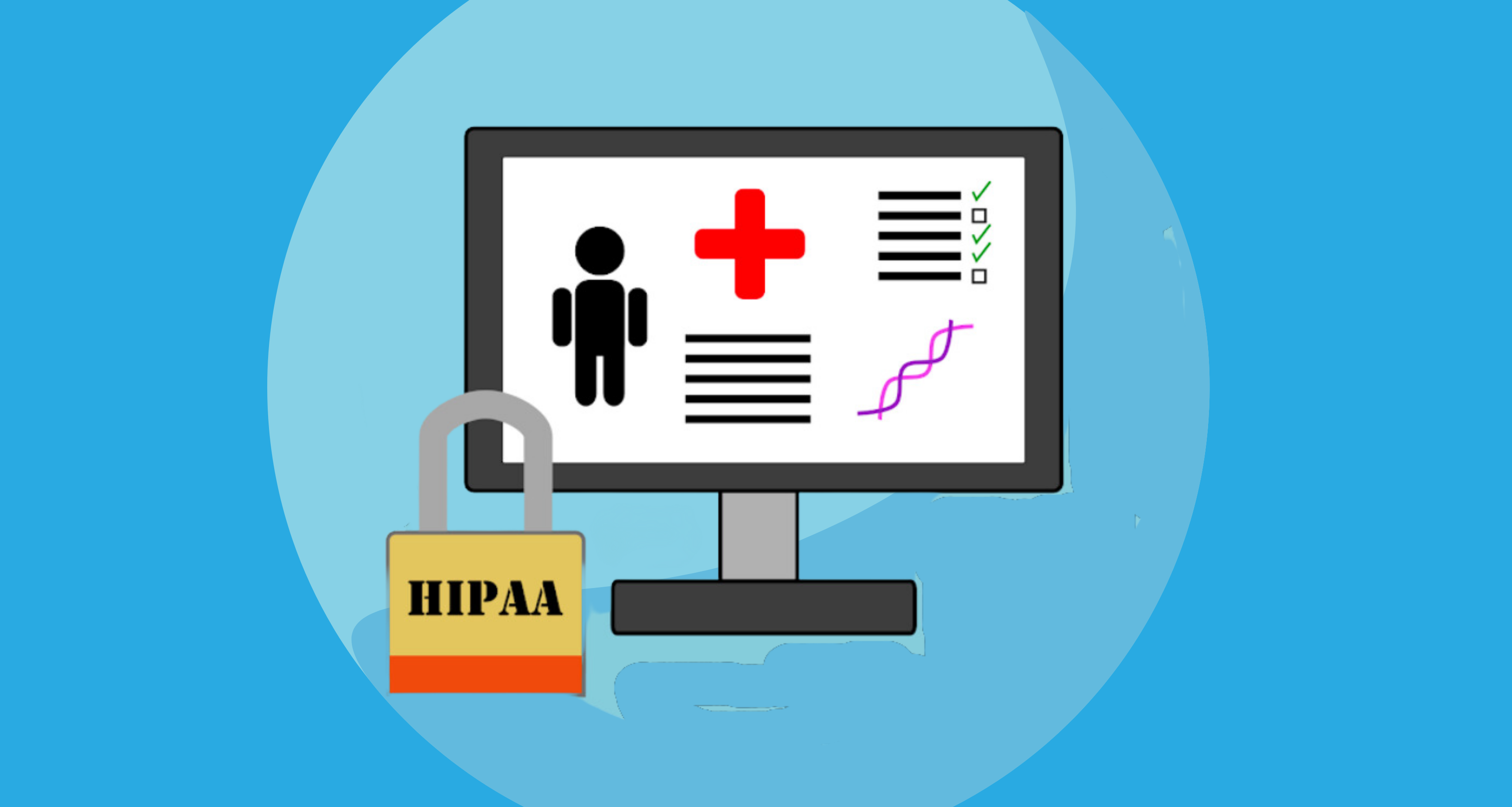
Today, everything is digital, accessible, and readily available at your fingertips or at the click of a button. This is why it’s absolutely crucial to safeguard personal data. This is especially true in healthcare settings, where patient confidentiality is paramount. To address this concern, HIPAA and the Privacy Act were established to protect individuals’ privacy rights. We will delve into the importance of HIPAA and Privacy Act training in clinical environments.
Understanding HIPAA: Protecting Patient Information
The Health Insurance Portability and Accountability Act, commonly known as HIPAA, was enacted in 1996. Its primary objective is to ensure that protected health information (PHI) is secure and private. PHI includes any identifiable health information related to an individual’s past, present, or future physical or mental health conditions.
The Importance & Key Components of HIPAA Training
HIPAA training plays a pivotal role in educating healthcare professionals about their responsibilities when it comes to handling PHI. By undergoing HIPAA training, clinicians understand how to maintain patient confidentiality while providing high-quality care. Several key components should be covered in HIPAA training.
1. Privacy Rules
HIPAA training familiarizes healthcare providers with the privacy rules that govern how PHI should be handled. This includes:
- Obtaining Patient Consent for Sharing Information
- Maintaining Appropriate Access Controls
- Implementing Safeguards Against Unauthorized Disclosure
2. Security Standards
Another critical aspect of HIPAA training involves educating clinicians on security standards aimed at protecting electronic PHI (ePHI). This covers:
- Implementing Secure Technology Systems
- Conducting Risk Assessments Regularly
- Ensuring Proper Encryption Methods
3. Breach Notification Procedures
In the event of a breach compromising patients’ PHI, healthcare organizations must follow specific notification procedures. HIPAA training equips clinicians with the knowledge to identify and respond appropriately to potential breaches, minimizing harm to patients.
Understanding the Privacy Act and Training
The Privacy Act is a federal law that governs how government agencies collect, use and disclose individuals’ personal information. It aims to strike a balance between ensuring privacy rights while also allowing appropriate access to such information for authorized purposes.
Privacy Act Training ensures that healthcare professionals are well-versed in handling PHI. This includes:
- Understanding Obligations Surrounding Consent
- Disclosure Limitations
- Secure Storage Practices
The Key Components Covered in Privacy Act Training: Shielding PHI
There are several critical components of Privacy Act training that provide individuals with a comprehensive understanding of the principles, rights, and obligations outlined in the legislation.
1. Consent Requirements
The Privacy Act training educates clinicians on obtaining valid consent from individuals before collecting their personal information. This involves explaining why the information is needed, how it will be used, and any intended disclosures.
2. Limited Disclosure Principles
Healthcare providers must adhere to strict guidelines regarding disclosing personal information under the Privacy Act. Training emphasizes these principles and helps clinicians understand when disclosure may be necessary or permitted by law.
3. Best Practices for Data Storage
Properly safeguarding personal information requires clinicians to follow specific protocols for data storage. The Privacy Act training covers best practices such as using:
- Secure Servers
- Password Protection
- Regular Data Backups
- Secure Disposal Methods
Ultimately, The Privacy Act and HIPAA clinical training are essential parts of education that ensure patient confidentiality remains a top priority. By equipping healthcare professionals with a comprehensive understanding of their responsibilities under these regulations, we can maintain trust between patients and providers while safeguarding patient-sensitive information. Remember, protecting patient privacy isn’t just an ethical responsibility; it’s a legal requirement that should never be taken lightly.









